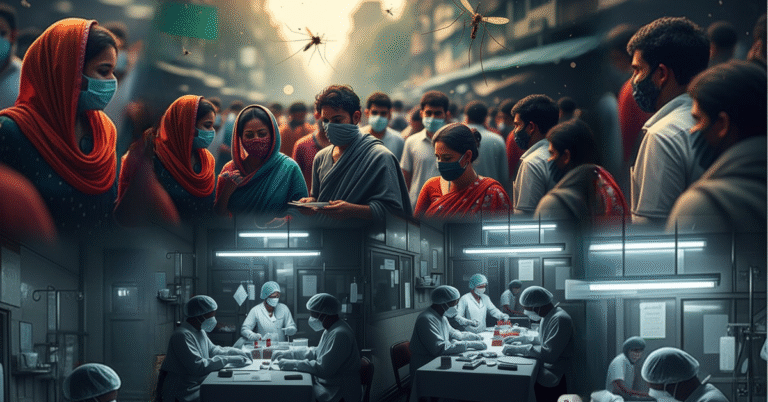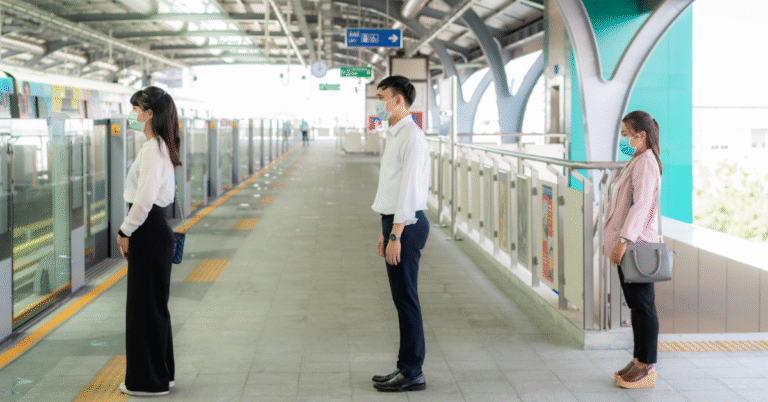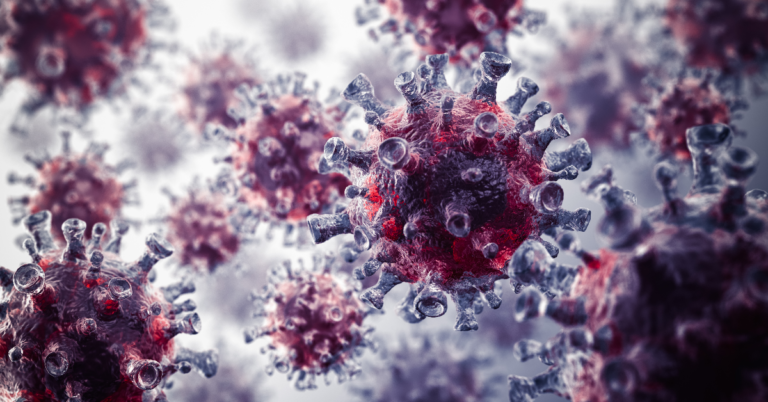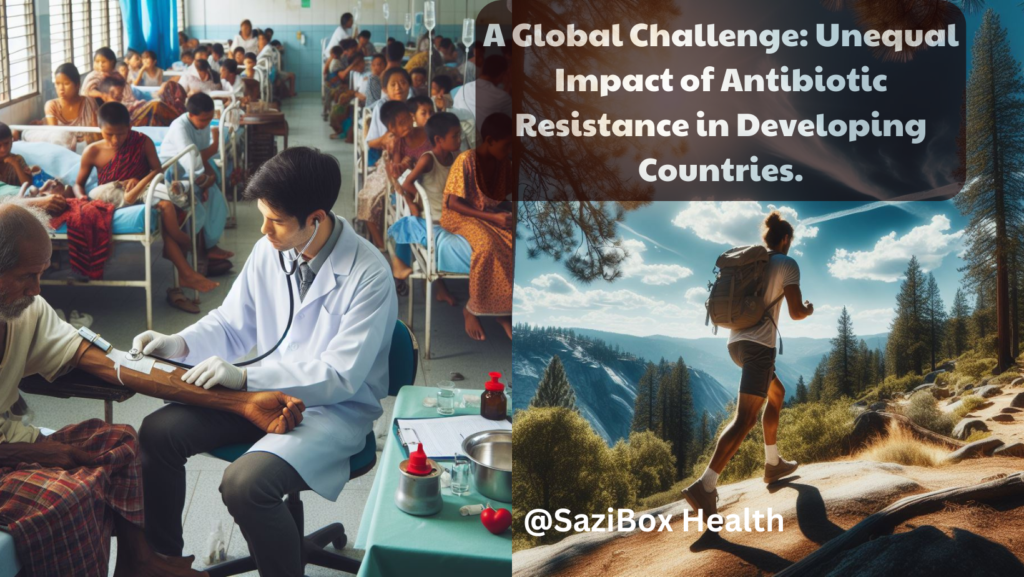
Imagine a world where a simple cut or infection can become a life-threatening illness. This isn’t science fiction; it’s the chilling reality of antibiotic resistance, a growing global threat disproportionately impacting developing countries. But there’s a twist – you can be part of the solution!
The Silent Threat:
Antibiotics are life-saving drugs that fight bacterial infections. However, overuse and misuse, particularly in animal agriculture, have led to bacteria developing resistance, rendering these critical medications ineffective.
Why Developing Countries Suffer More:
Developing countries face unique challenges:
- Limited Access to Quality Healthcare: Many lack proper healthcare infrastructure and diagnostics, making it difficult to diagnose infections accurately and prescribe the right antibiotics.
- Self-Medication: Affordability issues can lead to people resorting to self-medication with leftover or counterfeit antibiotics, further contributing to resistance.
- Overcrowded Living Conditions: Poor sanitation and hygiene, common in developing countries, create an environment where infections spread rapidly, increasing antibiotic use.
Interactive Map: Antibiotic Resistance Around the World
Explore our interactive map highlighting the severity of antibiotic resistance in different regions! Click on a country to learn more about its specific challenges and solutions.
(Link to an interactive map showcasing antibiotic resistance data – consider using Our World in Data
The Human Cost:
The consequences of antibiotic resistance are severe:
- Increased Mortality Rates: Previously treatable infections become deadly.
- Longer Hospital Stays: Patients require more extensive and expensive treatment options.
- Economic Burden: Reduced productivity and increased healthcare costs strain developing economies.
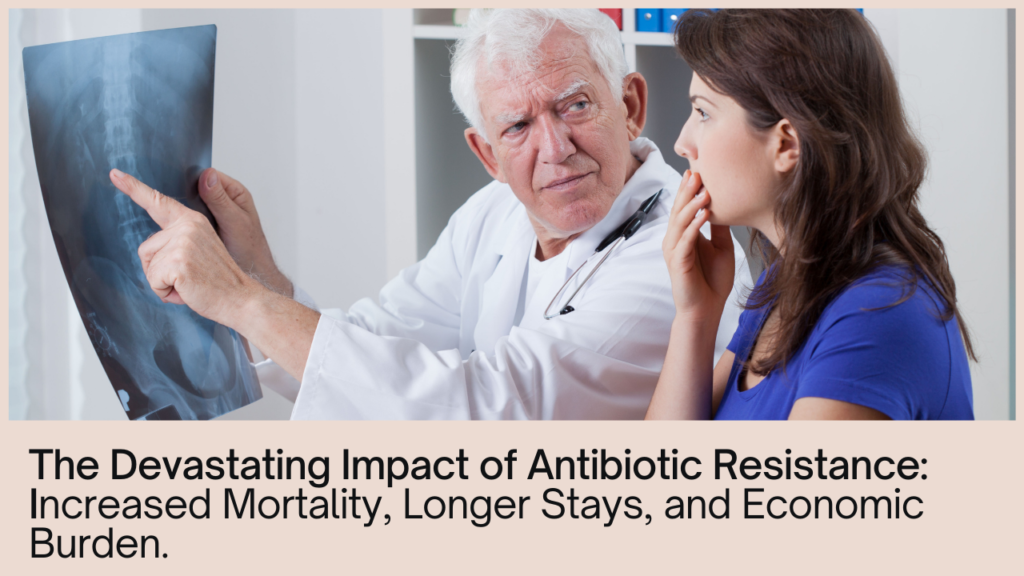
Empowering Yourself: Be a Change Agent!
The good news is that you don’t have to be a doctor or scientist to make a difference! Here’s how you can help:
- Be a Responsible Traveler: Research healthcare options and antibiotic resistance risks before travelling to developing countries.
- Support NGOs: Donate to organizations working to improve access to healthcare and combat antibiotic resistance in developing countries.
- Spread Awareness: Talk to friends, family, and on social media about this critical issue.
- Demand Change: Encourage your local representatives to support policies promoting responsible antibiotic use globally.
The Power of Collective Action:
By working together, consumers, policymakers, and healthcare professionals can mitigate the threat of antibiotic resistance. Remember, every action, big or small, contributes to a healthier future for all.
Interactive Challenge: Share Your Travel Hacks!
Have you travelled to a developing country? Share your tips for staying healthy and reducing your reliance on antibiotics in the comments below!

Moving Forward: A Collaborative Approach
The fight against antibiotic resistance requires international cooperation and a multi-pronged approach:
- Investing in Public Health Infrastructure: Developing countries need robust healthcare systems with proper diagnostics and antibiotic stewardship programs.
- Promoting Research and Development: Innovation is crucial for developing new antibiotics and alternative treatment methods.
- Educating the Public: Raising awareness about antibiotic resistance and responsible use practices is essential to change behaviour patterns.
We can overcome this global challenge by working together. Be informed, take action, and inspire others to join the fight!
References:
- The World Health Organization (WHO) Antibiotic Resistance page:
- https://www.who.int/health-topics/antimicrobial-resistance
- The Centers for Disease Control and Prevention (CDC): https://www.cdc.gov/drugresistance/index.html

